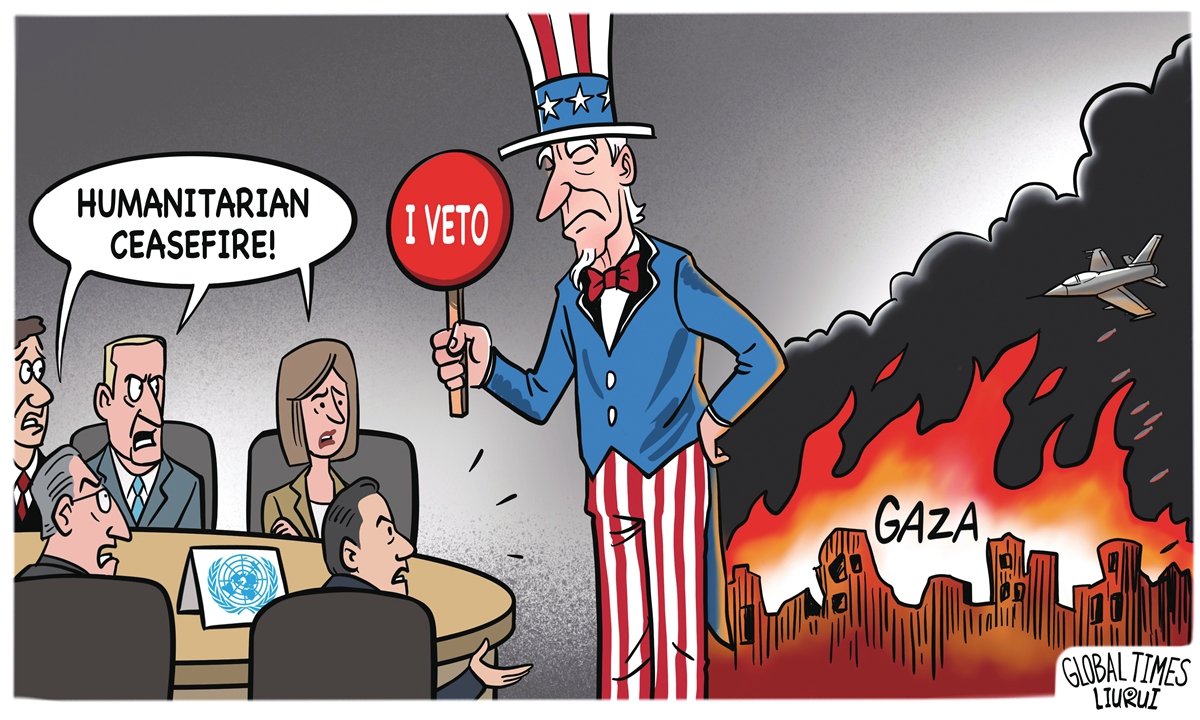The United Nations General Assembly, in a definitive call for peace, adopted a resolution on Friday demanding an immediate humanitarian truce in the Gaza Strip, urging all parties to cease hostilities. Despite this, Israel initiated a second phase in its military campaign against Gaza, escalating a conflict that has already taken a devastating toll on Palestinian lives.
The resolution, titled “Protection of civilians and upholding legal and humanitarian obligations,” was passed with an overwhelming majority, with 121 countries voting in favor. Notably, major powers such as China, Russia, France, and numerous Arab and Muslim nations lent their support, while the United States, Israel, and a handful of others opposed it. Traditional US allies including the United Kingdom and Japan opted for neutrality, abstaining from the vote.
This development came amidst the backdrop of a rapidly deteriorating situation in the region, with Palestinian casualties soaring to approximately 8,000 since the inception of the conflict, according to reports from Palestine’s state TV on Sunday. The vast majority of these are civilians, with women and children constituting a significant portion of the dead and injured.
Analysts from China have criticized the international community’s failure to halt the bloodshed, attributing the impasse to the United States’ unwavering support for Israel. The US, wielding veto power within the UN Security Council and being a key ally to Israel, has been accused of facilitating Israeli military aggression, characterized by the Chinese as a guise for a ground invasion under the pretense of counterterrorism and self-defense.
Despite the international outcry for peace, Israeli Prime Minister Benjamin Netanyahu has prepared the nation for a prolonged conflict, branding the operation as a “war against Hamas.” Saturday’s address to the nation announced the introduction of ground forces to the existing air and naval assaults, signaling an intensification of the three-week-old war.
Residents in Gaza recounted the harrowing escalation, describing the recent bombardments as the most severe yet, effectively severing most communication links and isolating the territory’s 2.3 million inhabitants from the external world. The Israeli offensive has been unrelenting, inflicting massive destruction and claiming thousands of lives, while sparking intense confrontations in the West Bank.
Liu Zhongmin, a Middle East expert from Shanghai International Studies University, warned of the dire consequences should Israel pursue a protracted occupation of Gaza and attempt to dismantle Hamas entirely. Such a scenario, Liu predicted, would lead to a catastrophic surge in fatalities. He noted the likelihood of fierce urban warfare and a humanitarian crisis exacerbated by the blockade, with shortages of essential supplies like medicine, food, and water.
The potential for the conflict to extend beyond the borders of Israel and Palestine is a pressing concern. Wang Jin, an associate professor at Northwest University’s Institute of Middle Eastern Studies, stressed that the international pressure on both Israel and the US could intensify, particularly if Palestinian civilian casualties continue to climb. Regional powers, including Iran and Saudi Arabia, alongside countries that have established diplomatic ties with Israel, such as Turkey and Egypt, may be compelled to respond more forcefully.
Statements from leaders across the Muslim world reflect the growing indignation. Iranian President Ebrahim Raisi lambasted the “Zionist regime’s crimes” on social media, hinting at a possible unified response. Similarly, Turkish President Recep Tayyip Erdogan, during a rally in Istanbul, condemned Israel’s actions, labeling them akin to war crimes and decrying the disproportionate violence in Gaza. Following Erdogan’s censure, reports emerged of Israel recalling its diplomatic staff from Turkey.
Even as Saudi Arabia’s foreign ministry publicly decried Israeli ground operations in Gaza, the broader Arab community, including nations like the United Arab Emirates, Jordan, Bahrain, and others, jointly condemned the civilian targeting and international law violations in the conflict zone.
Experts speculate that Iran may step up its support for allied factions in Lebanon and Yemen, while Saudi Arabia, Turkey, and Egypt might facilitate humanitarian aid efforts to breach the Israeli blockade and alleviate Palestinian suffering.
The Chinese analysis points to a challenging road ahead for Israel. If the military campaign persists with the objective of dismantling Hamas, it risks escalating violence and incurring heavy losses. Conversely, agreeing to a ceasefire could trigger significant domestic backlash and pose diplomatic challenges for the United States. The path to peace remains fraught with complexities, as international consensus clashes with national agendas and regional alliances. The unfolding events will undoubtedly leave an indelible mark on the historical narrative of the Israeli-Palestinian conflict.
Read More:
